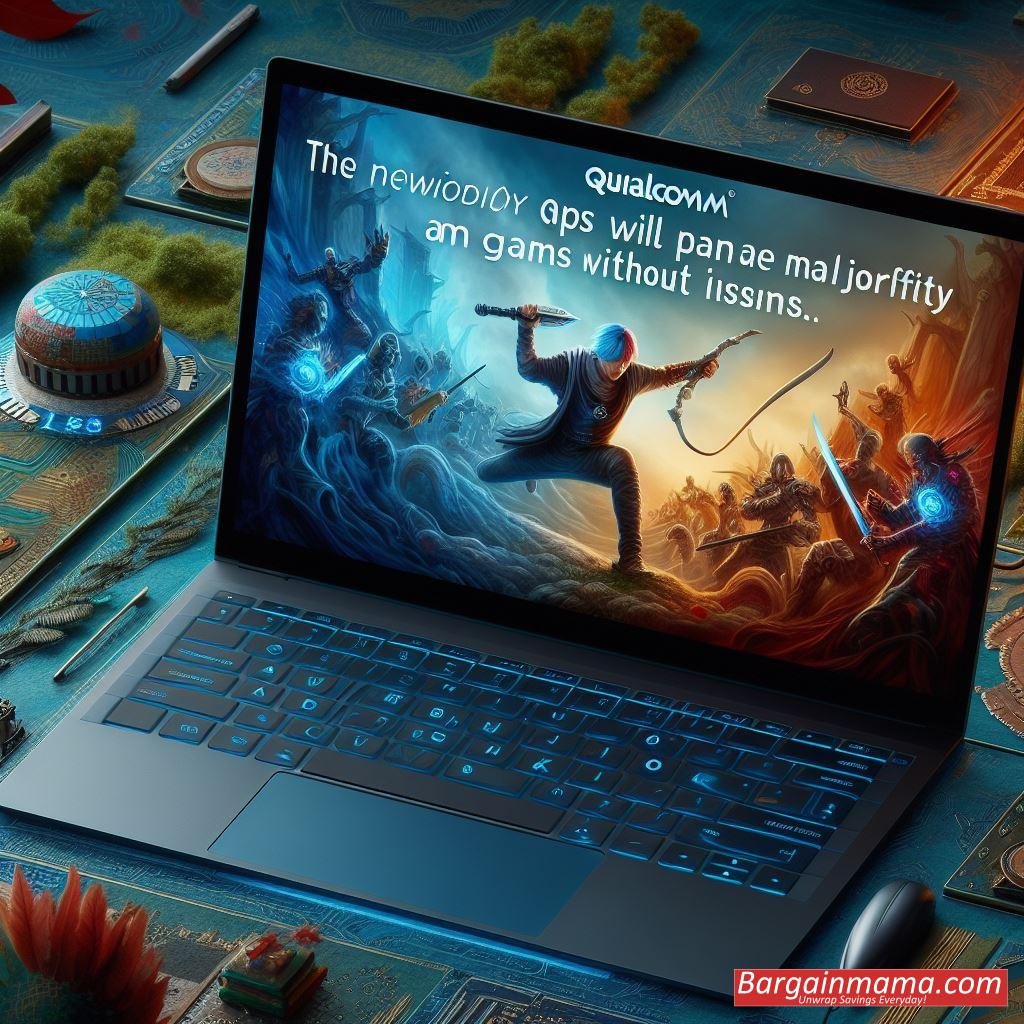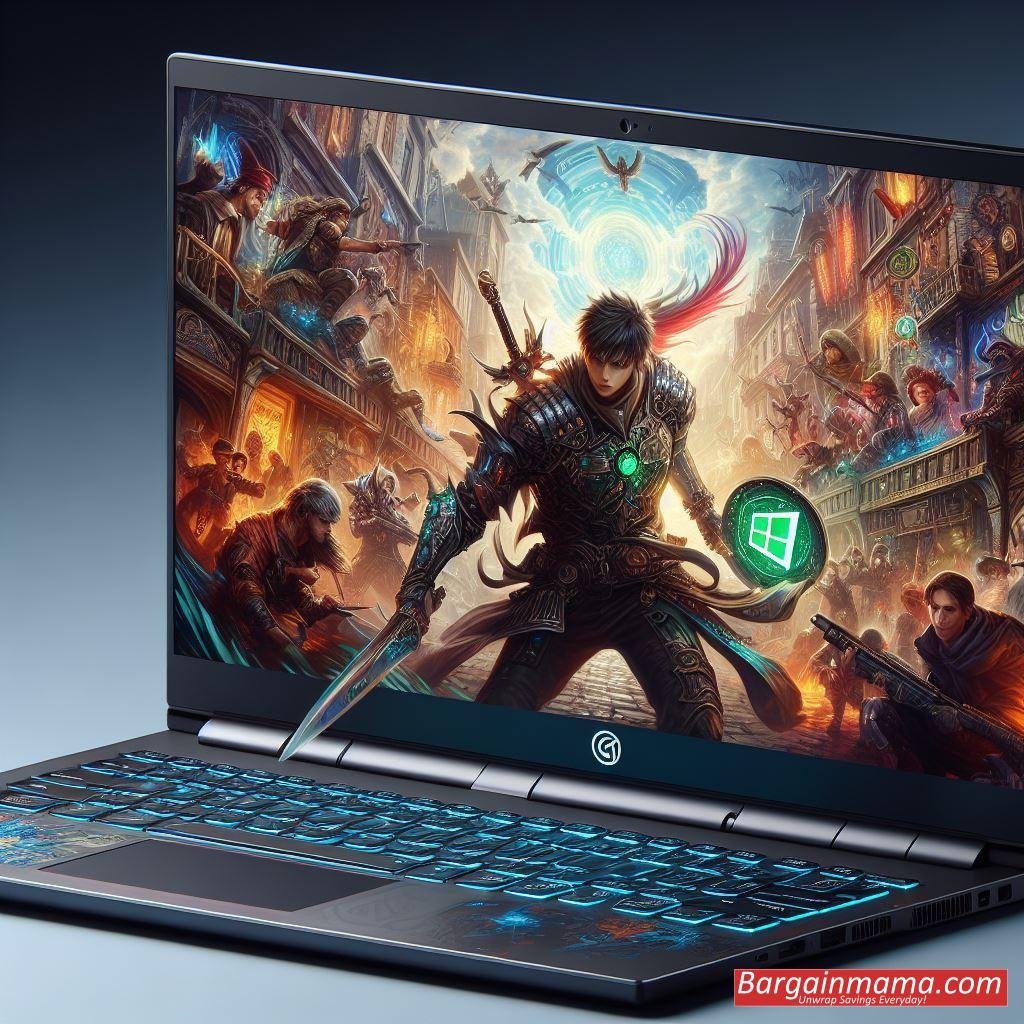At the Game Developers Conference, Qualcomm made a big statement, promising developers that their games will work easily with its newest Snapdragon X Elite processor, reducing compatibility problems. This development presents a hopeful look at the future of portable gaming performance and is set to change the gaming scene on Arm-based computers.

Issam Khalil, a Qualcomm developer, explained on stage how emulation would be used by the Snapdragon X Elite systems to guarantee that the majority of x86 and x64 games run smoothly. While necessary, Khalil stressed, the emulation process will not significantly affect GPU performance—a crucial factor for gamers. This guarantee coincides with rumors of impending Arm-based laptops from Qualcomm itself and imminent Surface Pro 10 and Surface Laptop 6 launches from Microsoft, which are expected to operate on the Snapdragon X Elite processor.
There are a few restrictions attached to the promise of seamless compatibility, though. Some games that use kernel-level anti-cheat technologies could have issues, but most games should work without a hitch according to Qualcomm’s thorough testing. Khalil described the alternatives available to developers, such as optimizing performance by entirely converting their games to native ARM64 or taking use of Qualcomm’s support for hybrid ARM64EC programs, which provide near-native performance when emulation is required.

Qualcomm has big intentions, but considering the difficulties in the past with x86/x64 emulation, doubts about its effectiveness persist. Notably, the Arm-based Surface Pro 9’s ability to emulate Windows was criticized. Comparisons are made to Apple’s success in simulating x86 software on its Arm-based M-series CPUs, particularly with the help of its Rosetta 2 translation layer, despite Qualcomm’s emulation efforts being promising.
According to PC Gamer, Apple’s success can be attributed to its complete control over the ecosystem, which includes operating systems and hardware. Compared to rivals like Qualcomm, which provide components but lack comprehensive control, Apple is able to improve the emulation process to a higher extent because of this control. However, Qualcomm’s project is a big step toward linking the x86 and Arm architectures, which might change the course of portable computing in the future.

If Qualcomm fulfills its expectations, there will be significant ramifications. Arm-based Windows laptops have the potential to become strong competitors, providing an attractive combination of power efficiency and performance, and upending the dominance of x86 Intel-based computers. But in order to get over previous obstacles and provide a flawless gaming experience on Arm-based devices, there is more work ahead of us. Qualcomm’s endeavor represents a significant turning point in the development of portable computing, and the industry is keen to see how it turns out.



